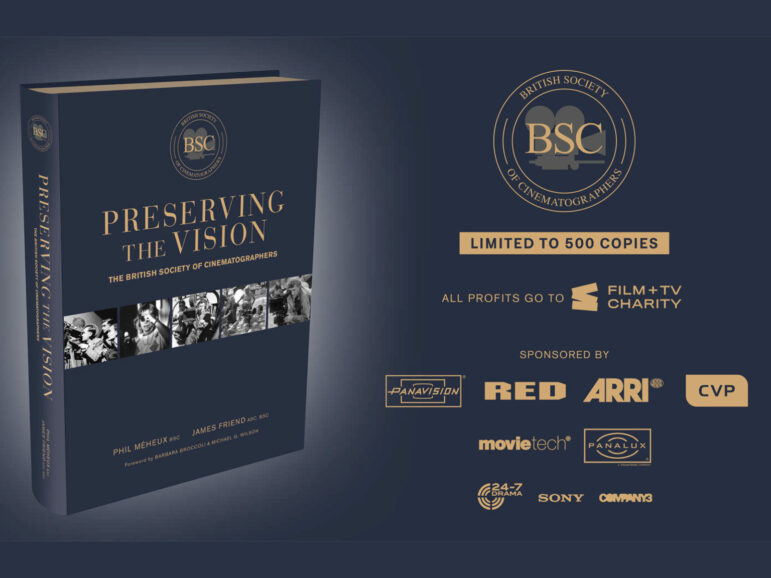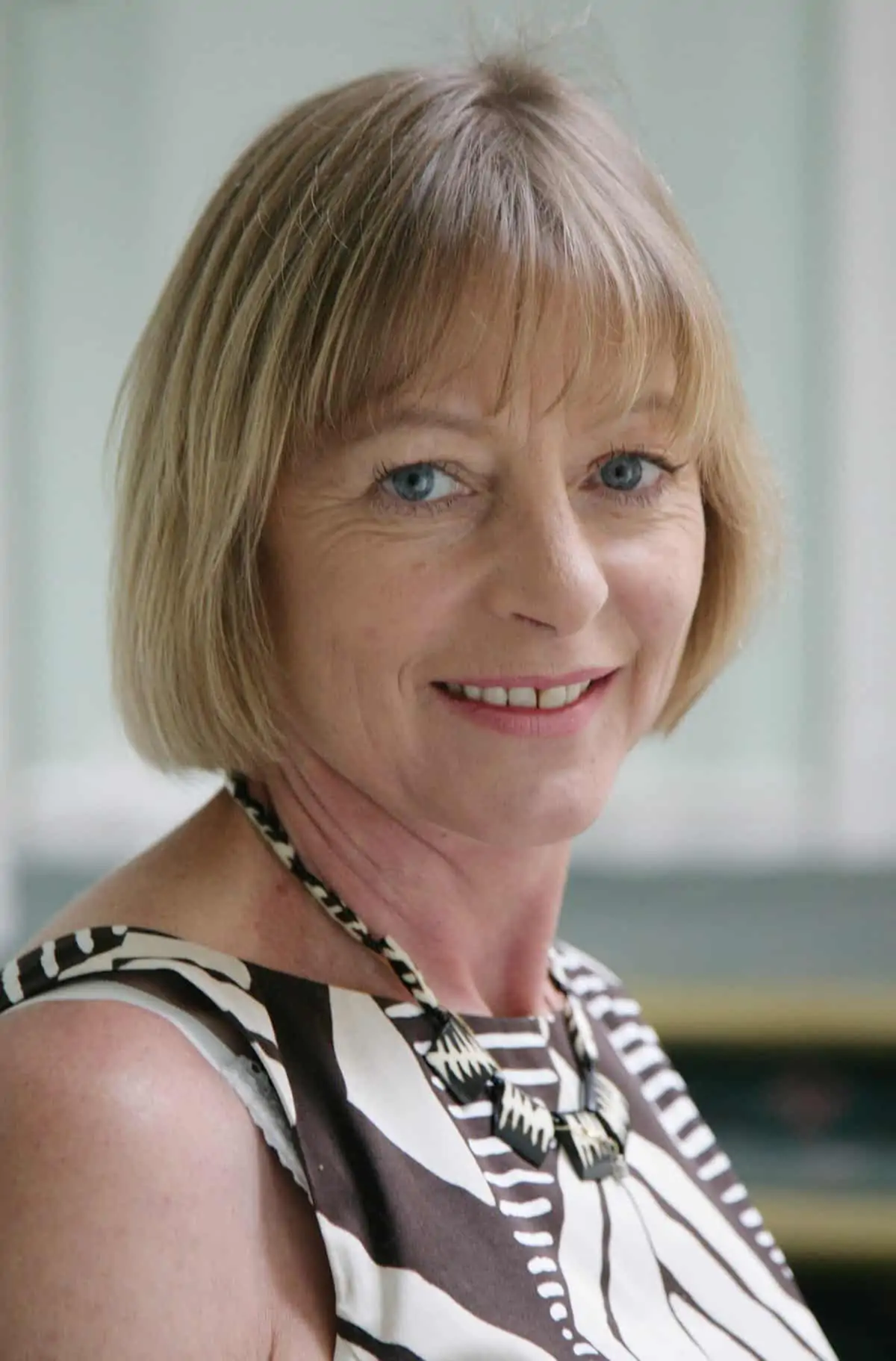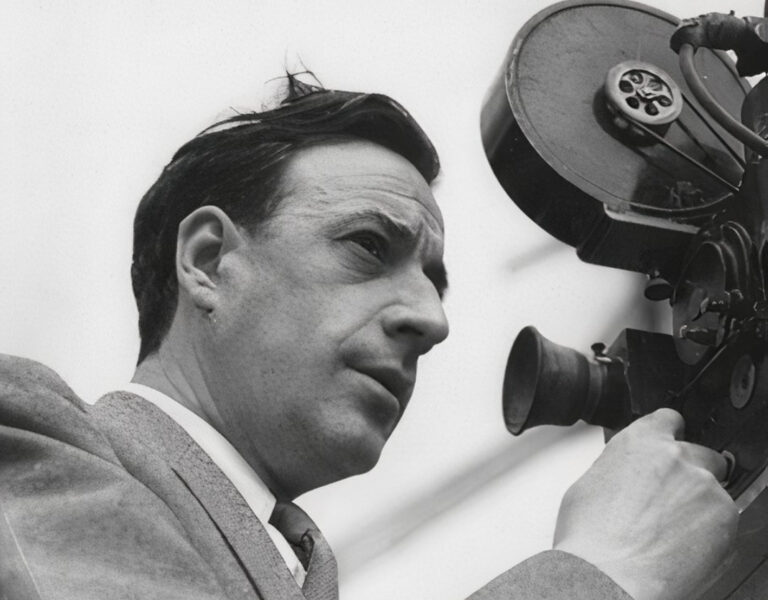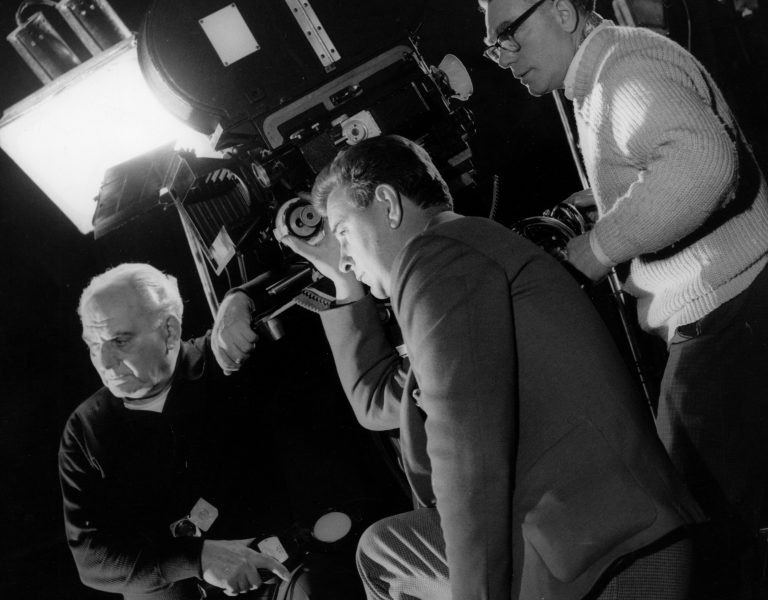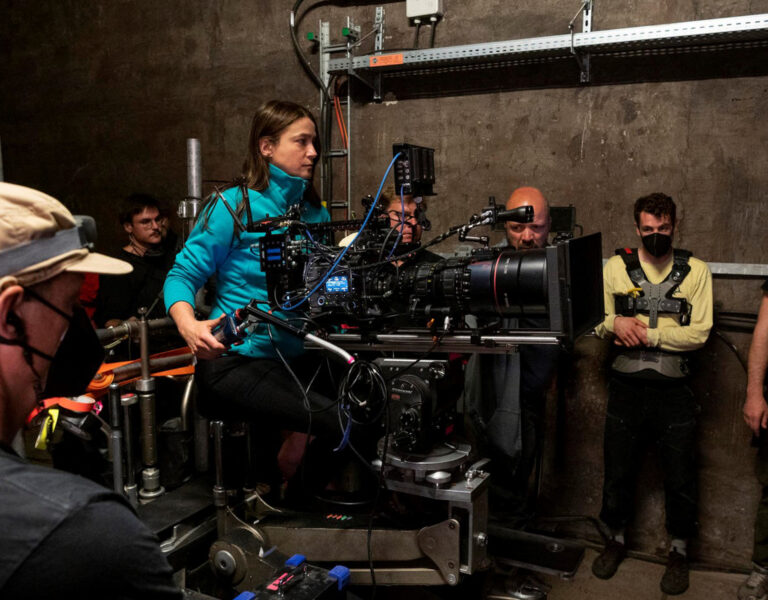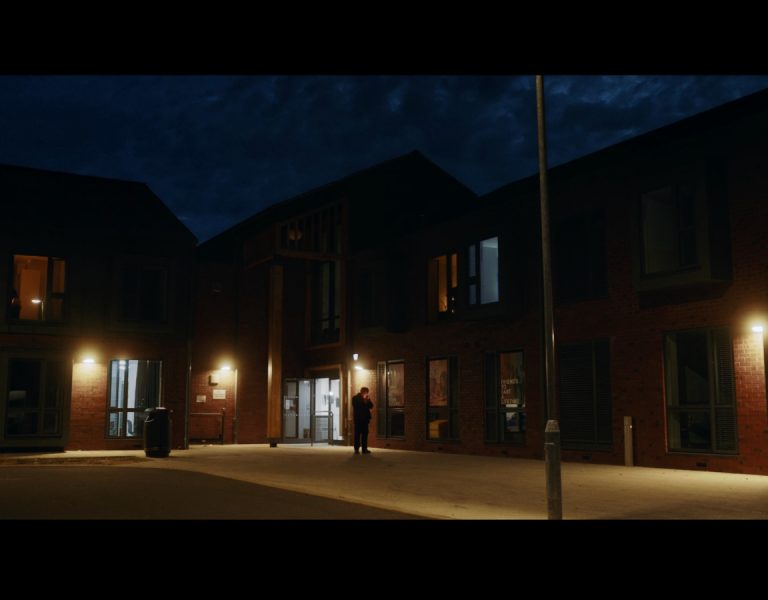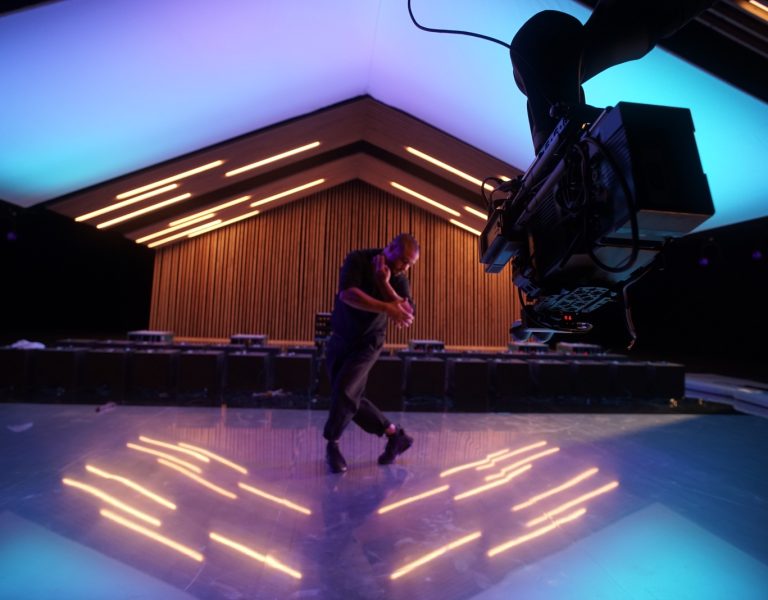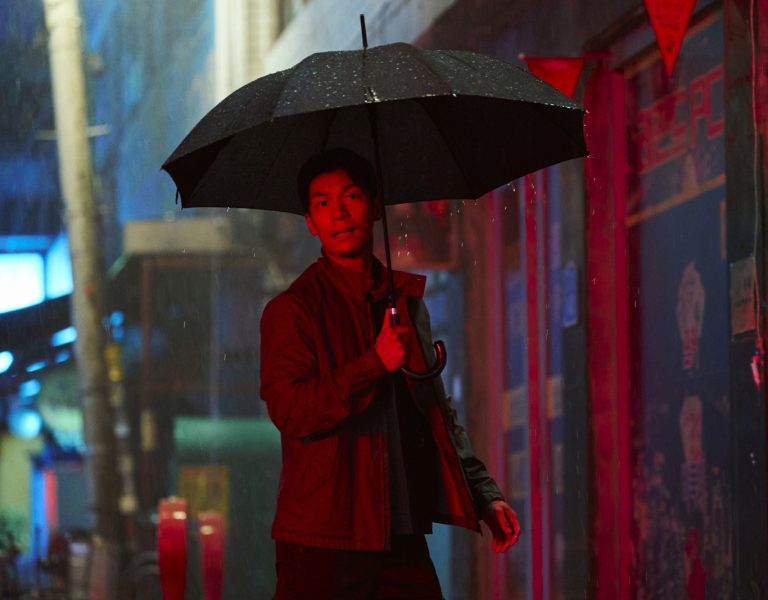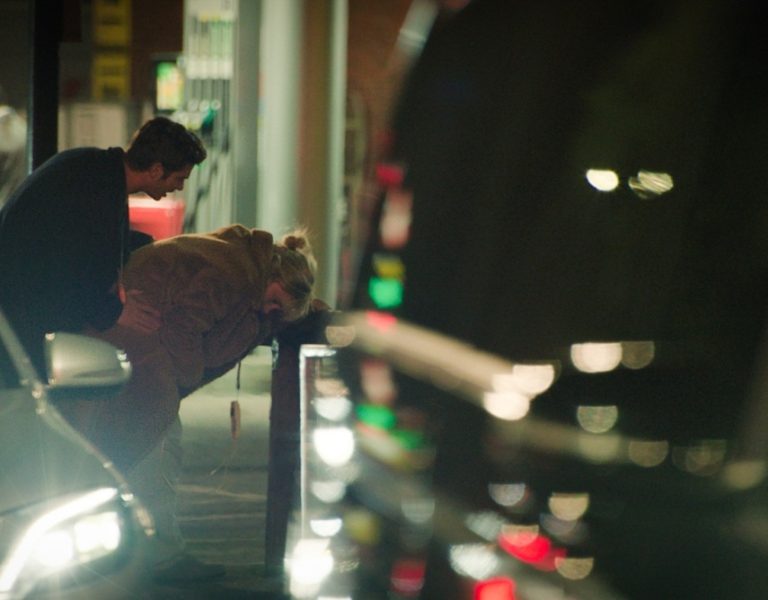HIGH FLYER
Sue Gibson BSC made history in 1992 when she became the British Society of Cinematographers’ first female member, later becoming its president. Find out more about this remarkable DP’s endeavours on and off set.
Born in Derbyshire, Sue Gibson BSC lived an outdoor life of horses and adventure, a theme that would continue throughout her life. At the age of 14, she was given her first camera, and this sparked a lifelong love of image-making. After leaving home at 18 to study photography at Newport College of Art, Gibson became intrigued by the possibilities of the moving image and enrolled in the cinematography course at the prestigious National Film and Television School (NFTS) in Beaconsfield. She graduated in 1981 and started her career as clapper loader. In 1983, she hung up her clapperboard and made the move to director of photography.
Gibson immediately found success in the world of commercials, working with directors including David Bailey and Mandie Fletcher. She garnered many awards including the Golden Lion at Cannes in 1987 with Saatchi & Saatchi, a Gold Award at the British Television Advertising Awards, and the Designer and Art Directors Association Award for Cinematography in 1991.
Her first feature film was Hear My Song (1991) directed by Peter Chelsom, followed by Secret Friends (1991), the last film directed by Dennis Potter, both of which won her an Evening Standard Film Award in 1992. That same year, she was invited to join the British Society of Cinematographers; the first woman in the society’s then-43-year history.
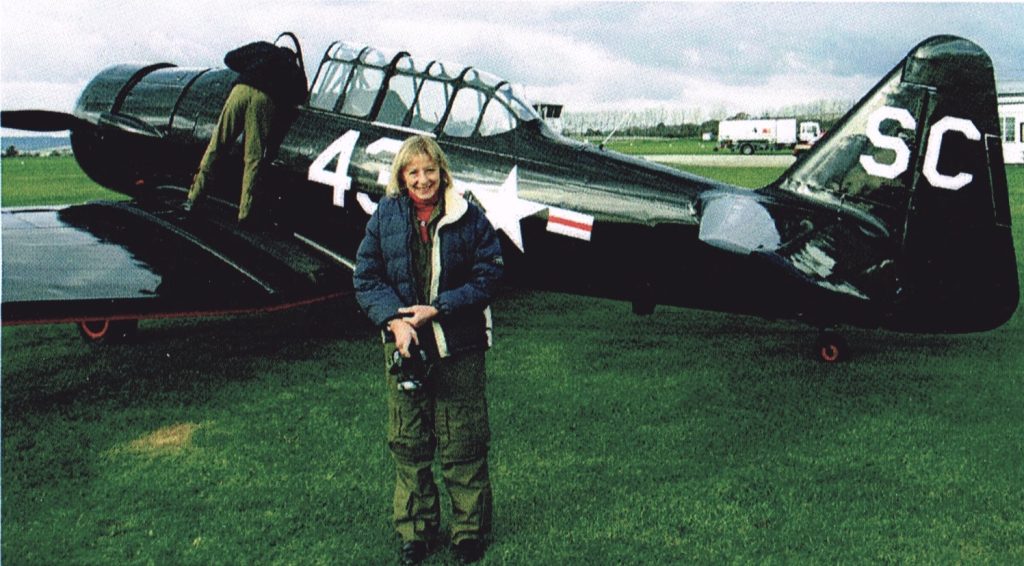
She went on to photograph several more features including Mrs Dalloway (1997, Dir. Marleen Gorris), Londinium (2001, Dir. Mike Binder), The Search for John Gissing (2001, Dir. Mike Binder) and Mrs Caldicot’s Cabbage War (2002, Dir. Ian Sharp). She filmed second unit on Resident Evil (2002) and Alien vs. Predator (2004) both directed by Paul W. S. Anderson and photographed by David Johnson BSC.
Her television credits include the miniseries Amongst Women (1998, Dir. Tom Cairns), which won the Irish Film and Television Academy Award for Best Craft contributors, The Forsyte Saga (2002, Dir. Chris Menaul), Marple (2005-7) and Poirot (2006, Dir. Andy Wilson). She also set the template for the successful BBC series Spooks (2002-11) produced by Kudos Films.
In addition to her work as a DP, Gibson has mentored and tutored students at the NFTS and London College of Communication (LCC), helping to preserve the future of the industry.
In 2004 she joined the Board of Governors of the BSC and achieved another first by being the first woman to be elected President of the Society from 2008-2010.
While President, Gibson organised a Film and Digital Evaluation, shot on a myriad of different film and digital cameras and showing an unbiased representation of what could be achieved on the different formats. It proved an invaluable source for students and young cinematographers alike.
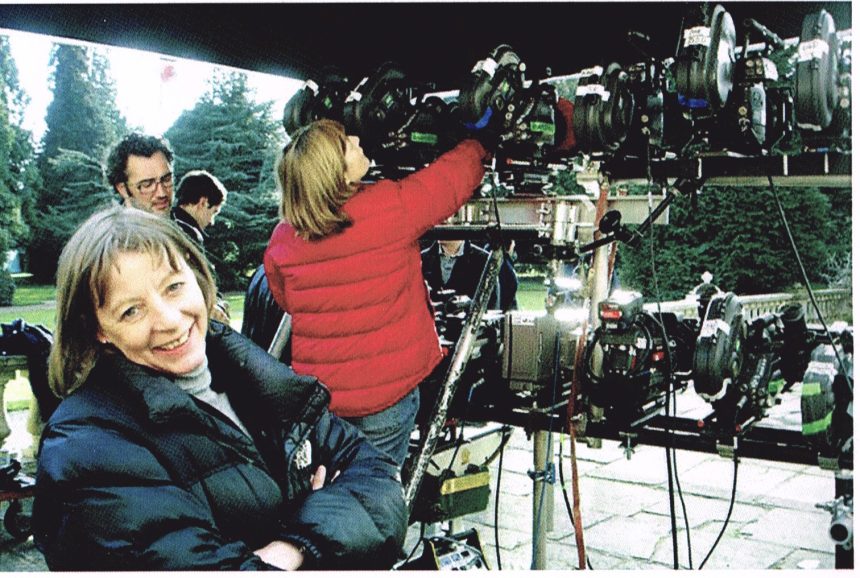
Faced with the phrase ‘the sky’s the limit’ she challenged that by getting her pilot’s licence. When she wasn’t allowed to cross the channel in a single engine plane, she went out and qualified for a dual engine. In order to fly to the opera and back, she took the night flying rating and just in case the film work ever dried up she qualified to fly a seaplane.
In 2010, Gibson won the Women’s International Film and Television Showcase Cinematographer Award. In 2011 she took home the Women in Film and Television International Visionary Award.
If all that wasn’t enough, she also took part in equestrian dressage competitions and bred horses.
Sadly, Gibson was taken ill with cancer after photographing four episodes of Death in Paradise (2016). The programme went on to win the Philips Vari-Lite Award for Drama at the Knight of Illumination Award ceremony in 2015. Unfortunately, she did not live to receive her award.
In her honour, the NFTS inaugurated the Sue Gibson BSC Award for Cinematography.
Her other credits include Bright Hair, Tube Tales, Jericho, Diamonds, Inspector Lewis.
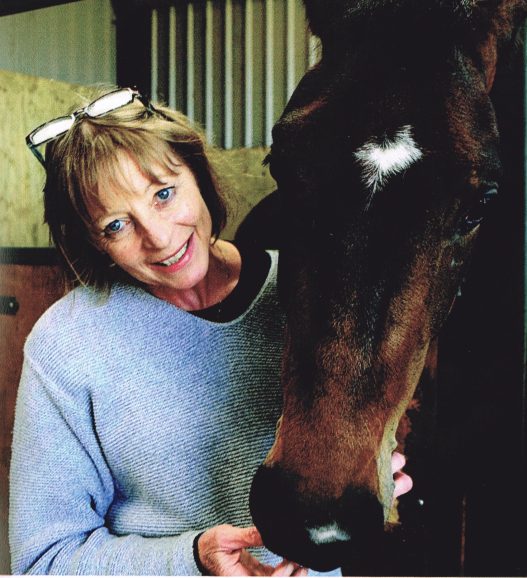
–
Preserving the Vision
This piece was adapted from the book, Preserving the Vision. Compiled and edited by Phil Méheux BSC and James Friend ASC BSC, the book celebrates the history of the British Society of Cinematographers along with biographical details of every member since its inception in 1949 plus listings of their awards and notable credits.
The book can be purchased from the BSC by contacting Helen Maclean at helen@bscine.com. All profits will benefit the Film & TV Charity.
